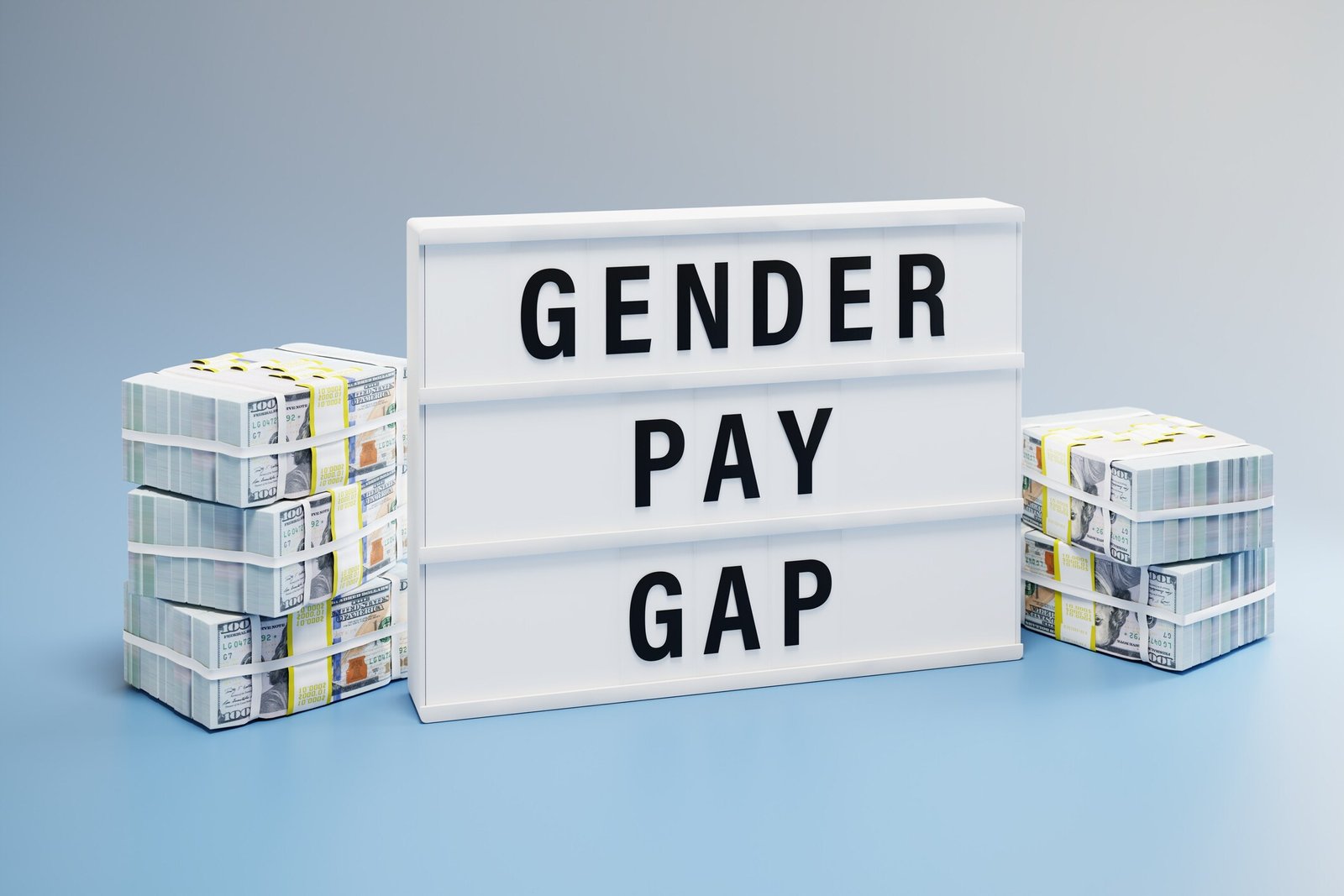The source
We are talking about the DIRECTIVE (EU) 2023/970 adopted by the European Parliament and the Council on May 10, 2023, which we already told you about in this article, about a year ago.
IS THIS GUIDELINE EFFECTIVE IMMEDIATELY?
No, it is a source of European law that is not directly operational. Through the directives, the general principles of a particular subject are defined, leaving the individual states free to determine subsequently the specific methods of realizing the specified objectives, within a certain predetermined period. Unlike what happens with the regulation, therefore, its effects are not produced at the moment of European approval, but still require the mediation of the intervention of the member states.
With regard to this Directive, Member States, including Italy, should implement the relevant domestic provisions of a legislative, regulatory and administrative nature. until June 7, 2026. This is therefore the final date when the following will actually go live.
WHAT IS THE PURPOSE OF THE DIRECTIVE?
The directive is not so much, or at least only, aimed at eliminating wage secrecy, but
aims to ensure equal pay between men and women

The gender gap: why it still affects us
Furthermore, the legislation also addresses those who decide to change gender or who belong to a third gender, e.g. neutral, identified and recognized by national legislation.
With Equal pay refers to the right to equal pay for equal work or work of equal value. For this purpose, the skills, commitment, responsibilities and working conditions, as well as any other factor related to the specific job or position of the employee, are taken into account.
Equality, according to the European legislator, must concern the entire relationship: from the recruitment phase to the continuation of the employment contract, including performance evaluation and the determination of career paths.
For the EU, the application of the principle of equal pay, in practice, is hindered by lack of transparency in remuneration systems, due to a lack of legal certainty regarding the concept of work of equal value and due to procedural obstacles faced by victims of discrimination. In fact, workers lack “the information necessary to make an equal pay claim that has a good chance of success and, in particular, information about the pay levels of categories of workers doing the same work or work of equal value.”
Greater transparency would allow gender bias and discrimination in any organization’s pay structures to be exposed and thus adequately intervene to ensure that the said law is implemented.
This also taking into account the economic and social consequences of the COVID-19 pandemic that have had a disproportionately negative impact on womenso much so that job losses have often been concentrated in low-paid, female-dominated sectors.
WHAT ARE THE TOOLS IS THE EU IDENTIFYING TO ACHIEVE THESE OBJECTIVES?
The essential means identified by the European legislator are mainly 3:
- Ensure salary transparency prior to hiring, thus ensuring a serious and informative negotiation for the employee. As?
Applicants for employment shall have the right to receive information from the prospective employer in the job advertisement or prior to the interview: about the starting salary or the relevant band/level and about the relevant provisions of the applicable collective agreement. In practice, this information is currently only provided at the end of the selection process, i.e. maybe after 4/5 meetings with the company.
The employer will not be able to ask the candidates for information about the salaries they receive in current or previous employment relationships. This question is currently asked of prospective employees in Italy in most interviews, along with a request to send the relevant previous clearance certificate, in violation of fundamental privacy principles.
Job advertisements and recruitment procedures must be conducted in a non-discriminatory manner, thus open to all genders and with provision for equal pay.
- TOensuring the transparency of wages and economic progress criteria. As?
At least in companies with more than 50 employees, the criteria used to determine the remuneration, salary levels and financial advancement of employees must be easily accessible. Therefore, it will be possible to know in advance what your development and career path may be within the company, which cannot be subject to differentiation, precisely because it is predetermined, according to gender.
- Ensuring the right to information. As?
The workers, personally or through the union, will have the right to request and receive, in writing and within two months, information on the average wage levels, broken down by sex, of categories of workers performing the same work or work of equal value. Furthermore, employees cannot be prevented, through prohibition clauses, from disclosing their remuneration to their colleagues, for the purposes of applying the principle of equal remuneration.
Finally, companies with more than 100 resources should also communicate to employees and unions information about the pay gap between female and male employees, and if gender pay differences are not justified on the basis of objective and neutral criteria, the employers will have to correct the situation in a reasonable time.
So, going back to the original questions, on the one hand It is not correct to say that the directive empowers workers to ask the company to know the pay of their colleagues, as they can only have aggregate data available on categories of interchangeable workers. However, nothing prohibits – but this was also possible in the past, in the absence of prohibitions ad hoc – that the employee can voluntarily discuss his salary with colleagues.
On the other hand, we can say, in conclusion and pending the executive legislation of 2026, that the Directive, which aims to ensure maximum transparency in remuneration systems, could represent
a real revolution compared to the current way of interview management and pay systems of Italian companies
Once greater transparency is achieved, it will certainly be easier to demand and achieve fairer working conditions for all, especially to ensure gender equality between men and women.

